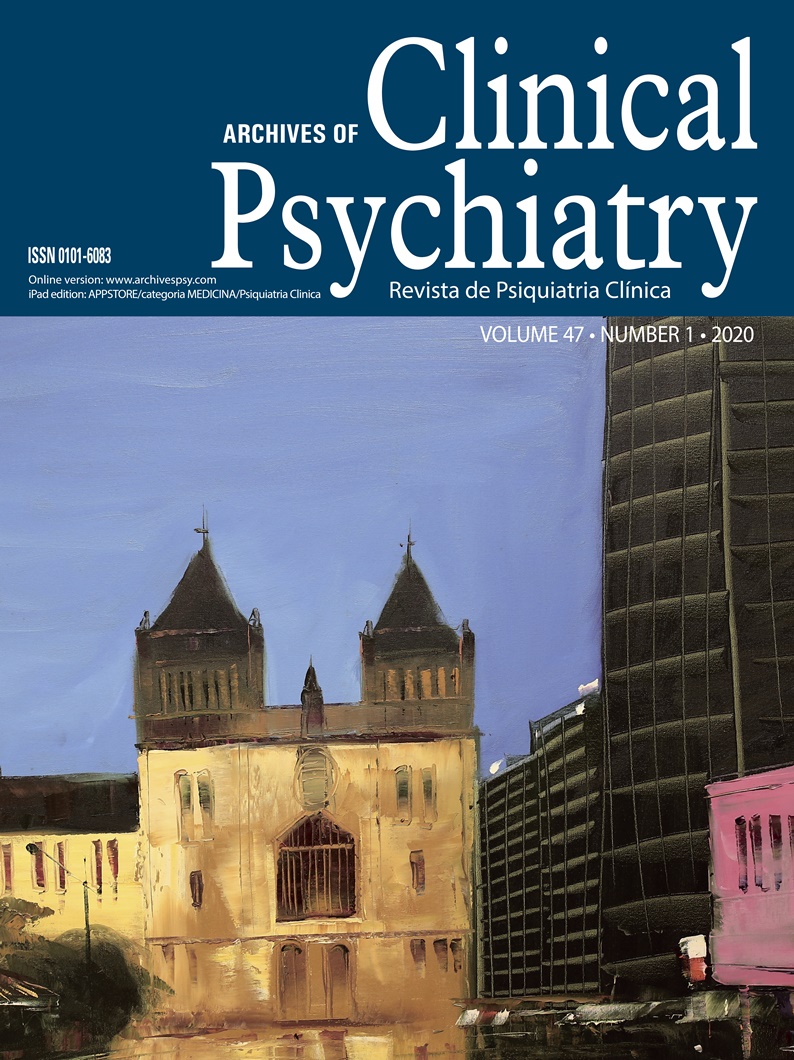Long-term posttraumatic stress disorder in mine workers after a coalmining disaster
DOI:
https://doi.org/10.1590/0101-60830000000223Palavras-chave:
Posttraumatic stress disorder, coalmining disaster, risk factorsResumo
Background: A coalmine disaster has occurred in Turkey on 13 May 2014, which caused the death of 301 miners. Objective: This study aimed to determine the prevalence of posttraumatic stress disorder (PTSD) symptoms and the risk factors for PTSD among mine workers, 2 years after the coalmining disaster. Methods: This was a cross-sectional survey conducted between June 2016 and July 2016 among mine workers who were the employees of either the mine where the accident occurred or three other mines in the same area. Sociodemographic data form and PTSD Symptom-Scale Self-Report (PSS-SR) were used to collect data. Results: 672 mine workers participated in the study. At the time of the accident, 23.7% (n = 159) of them were in the mine where the accident occurred. The mean score on total PSS-SR was 4.27 (SD: ±4.49). Eighteen (2.7%) participants screened positive for PTSD. Logistic regression analysis revealed the significant risk factors for PTSD are: being single/divorced/widowed, having a chronic disease, having a family history of psychiatric illness and previously experiencing traumatic events more than one. Discussion: Coalmining workers have considerably high prevalence rate of PTSD symptoms after a coalmining disaster. Assessing PTSD and associated risks is important for preventive mental health services.


